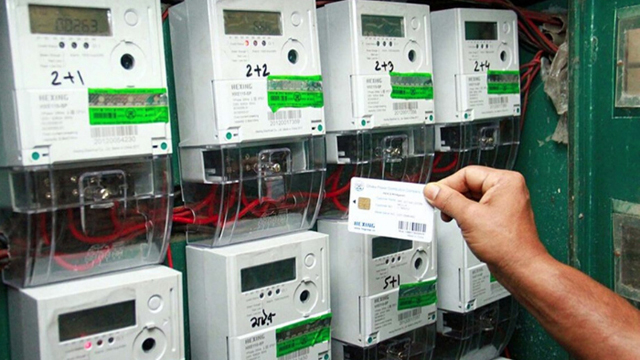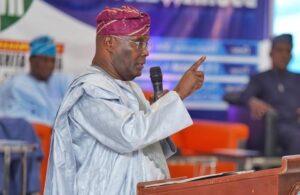The federal government is set to increase energy rates by 300 per cent to reduce government spending since it can no longer afford the huge amount it pays to subsidise electricity yearly.
According to a report by Bloomberg on Tuesday, electricity companies in Nigeria will soon have the government’s say-so to hike tariffs from N68 per kilowatt-hour to N200 per kilowatt-hour for urban consumers in April.
The urban consumers occupy about 15 per cent of the population who consume 40 per cent of the nation’s electricity, the newspaper said.
The report was based on conversations with multiple government officials who, the newspaper said, were not authorised to speak publicly on the matter.
Presidential aide Bayo Onanuga who said it would be premature to comment on the matter, stated that the official regulator, Nigerian Electricity Regulatory Commission would communicate feedback and necessary developments to the public.
“The regulator will make any pronouncements based on its discussion with the distribution and generating companies. The presidency cannot say anything at this stage,” Mr Onanuga told the newspaper.
With only urban consumers affected, Mr Tinubu will only now continue to subsidise electricity tariffs for persons in rural areas.
In February, Minister of Power Adebayo Adelabu said that the federal government could no longer shoulder the burden of subsidising electricity for Nigerians, noting that the government’s power debt to generating companies had ballooned to more than 1.3 trillion naira.
Since Mr Adelabu assumed office last year, he had been clamouring for the government to scrap the electricity subsidy to reduce the debt burden of the power ministry, which he said was not sustainable for the sector.
It is unclear exactly how the citizens will react to the planned hike as the majority of them have yet to recover from the suffering triggered by fuel subsidy removal last year.










More Stories
George Floyd: Judge who presided over Derek Chauvin trial admits bias
In 2015, neither Buhari nor Jonathan had Nigeria’s interest at heart – Lamido
HEDA sues FG, oil majors over alleged Illegal oil licence transfer